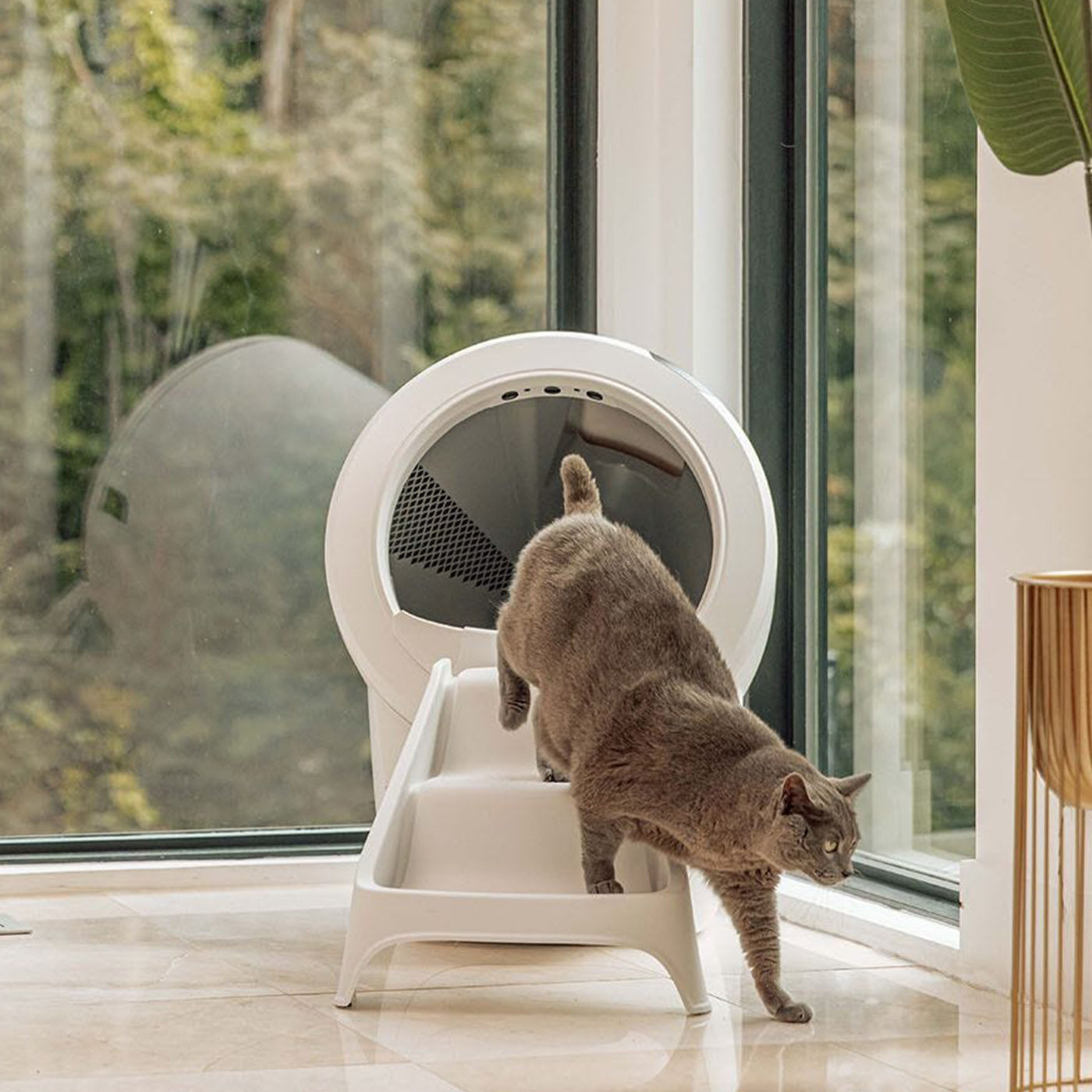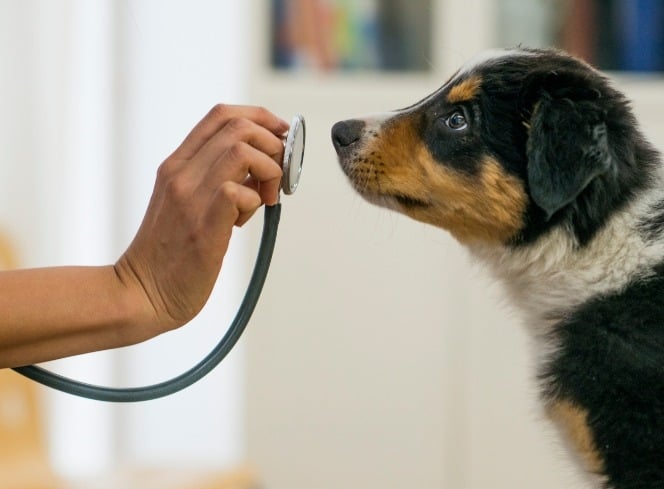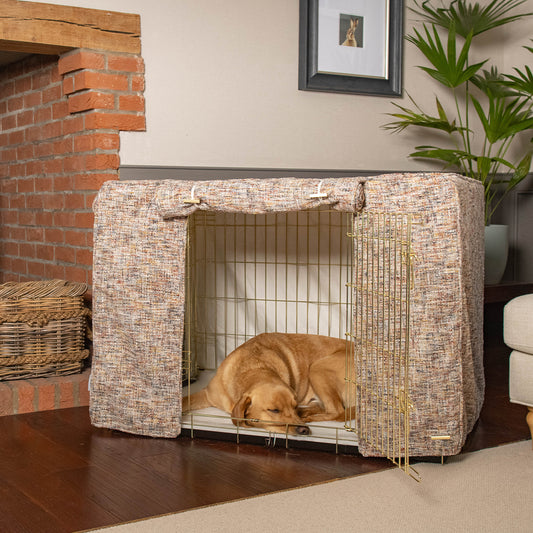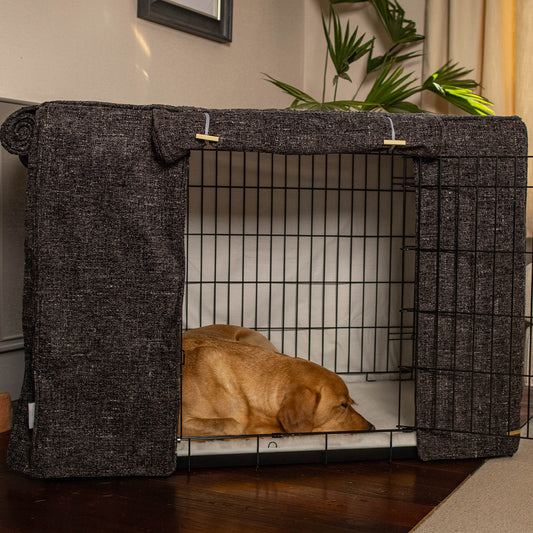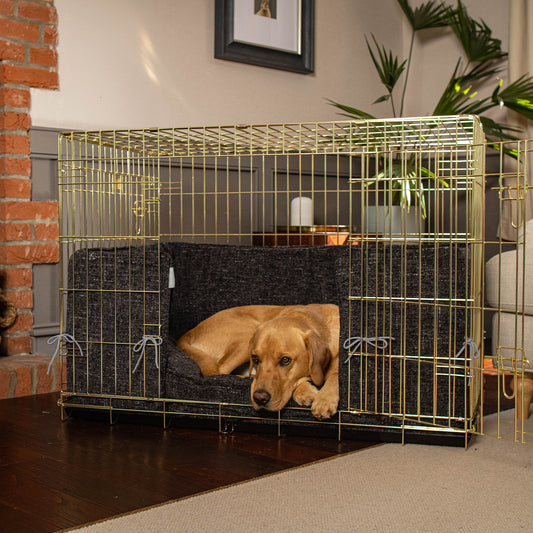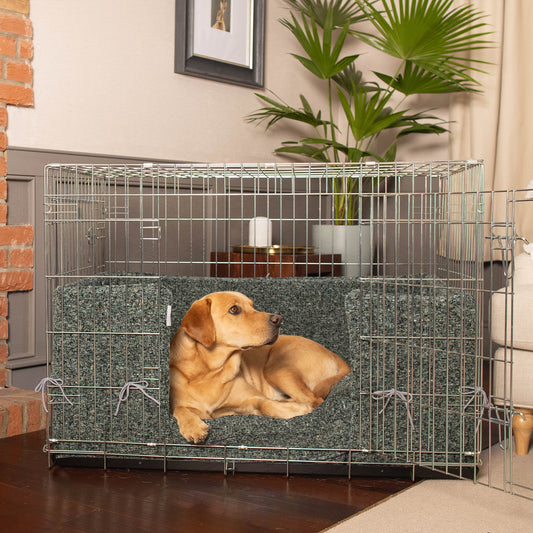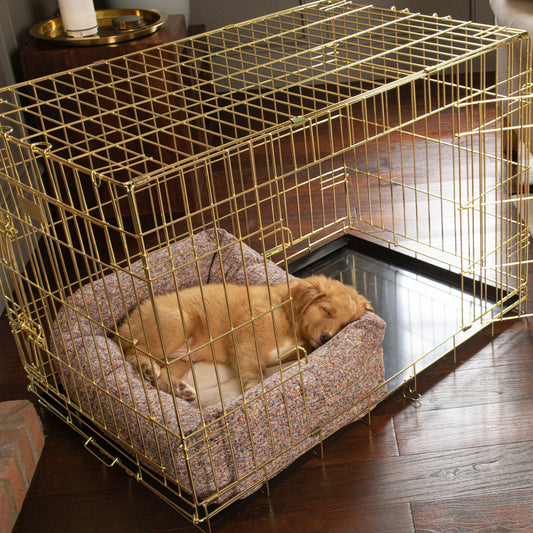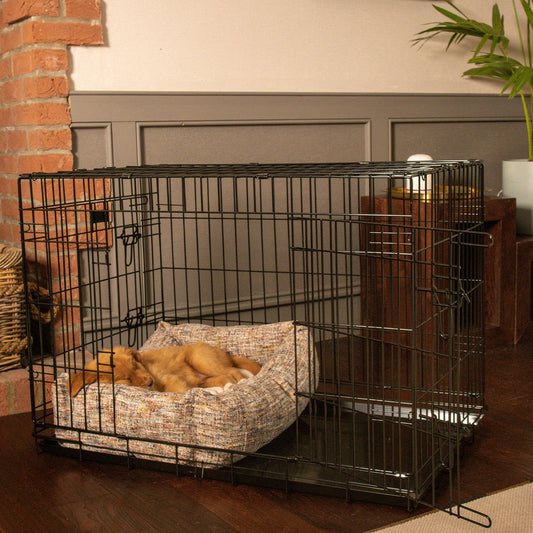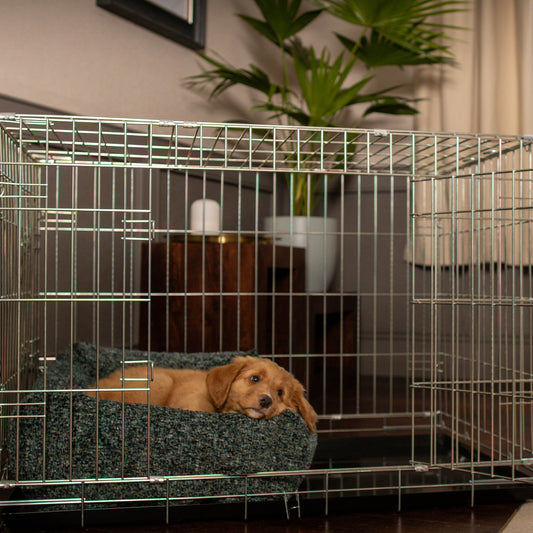As dog owners, you may often wonder if your furry friends experience illness and discomfort similar to your own. One question we ask ourselves every cold and frosty season is whether our dogs can get the common cold, and if they can, can they catch it directly from their owner?
We explore if your dog can ‘catch a cold’ and what we can do to prevent any cold like symptoms in our pets.
Can dogs get the common cold?
The simple answer is yes, your dog can get a cold. But rest assured, they are different from the colds us humans experience. They cannot catch the cold virus that causes symptoms in humans. They can however experience symptoms such as sneezing and congestion, caused by certain infections. So no, your dog can’t catch your common cold, but they do experience a ‘dog cold’. Thankfully you won’t be able to catch your dogs cold, and each dog may experience these ‘colds’ differently.
Understanding the symptoms, causes, and treatments of canine colds can help you ensure your pet's health and well-being.
Understanding Canine Colds
Dogs can suffer from respiratory infections that resemble human colds. These infections can be caused by viruses, bacteria, or other pathogens. While these viruses can cause cold-like symptoms, they are specific to dogs and do not typically affect humans. Dogs can ‘catch a cold’ from places where dogs often congregate, such as parks, kennels, fields and other likely places. Your dog’s general environment will also affect their likeliness of catching a disease or virus, such as, damp, poor ventilation, poor hygiene and overcrowding. Other illnesses, such as diabetes, can also weaken your dogs immune system which makes them more prone to infections.

Symptoms of a Dog Cold
If your dog has a cold, you might notice symptoms similar to those of a human cold.
Common signs include:
- Runny nose: Just like humans, dogs can have nasal discharge or congestion.
- Sneezing: Frequent sneezing can indicate a respiratory infection.
- Coughing: A persistent cough is a common symptom of a canine cold.
- Watery eyes: Your dog’s eyes might appear watery or irritated.
- Lethargy: Dogs with colds often exhibit decreased energy levels and may be less active.
- Loss of appetite: A sick dog might eat less than usual.
- Mild fever: A very mild fever can accompany a respiratory infection.
Not every dog will show every symptom, however it is essential you keep a close eye on your dog and ensure they’re eating and drinking water. If you are concerned about your dogs health, it is important you call your vet for advice.
Causes of Canine Colds
Several factors can contribute to a dog catching a cold such as, exposure to already infected dogs - canine colds are very contagious. If your dog interacts with an infected dog at a park, kennel, or even on a walk, they are at risk.
Do look out for poor ventilation, as environments with poor air circulation can facilitate the spread of infections, similarly to us humans. Stress is also a big factor, just like in humans, stress can weaken a dog's immune system, making them more susceptible to infections.
If your dog is of a certain age, or has poor health, or even is a young puppy, their immune systems may be more vulnerable to colds.

What to do if you think your dog has a cold
While most canine colds are mild and resolve on their own, it’s essential to provide proper care to ensure a swift recovery. Your dogs cold should only last a few day’s, and if symptoms do not improve within this time, or should they get worse, you should contact your veterinarian.
Here are some tips to help your dog if you suspect they have a cold:
- Rest: Ensure your dog gets plenty of rest. Limit their activity and provide a comfortable, warm place to sleep.
- Hydration: Encourage your dog to drink plenty of water to stay hydrated.
- Nutrition: Offer nutritious food, even if they have a reduced appetite. Warming the food slightly can make it more appealing.
- Avoid Exposure: Keep your dog away from other dogs to prevent spreading the infection.
If your dog’s symptoms do persist for more than a few days or worsen, consult your veterinarian, they can rule out more severe conditions and may prescribe medications if necessary. If you think your dog's immune system needs a boost we recommend having a look at the Vet's Best Immune Support tablets, these tasty chewables are packed with plant-based prebiotics and antioxidants which can help boost your dog's immune system and wellbeing.
While dogs can get colds, they typically experience milder symptoms compared to us humans. By recognising the signs and providing appropriate care, you can help your furry friend recover quickly. Always keep an eye on their health and consult a veterinarian if you have any concerns. With proper prevention and care, your dog can enjoy a happy, healthy life free from the sniffles.
Here at Lords & Labradors we stock everything your dog could want when recovering from a nasty cold, we've got tasty treats and cuddly toys to help them feel better.




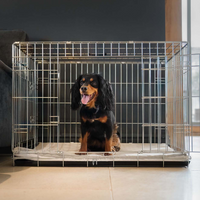





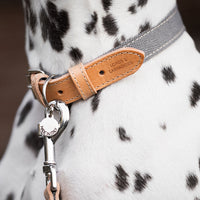




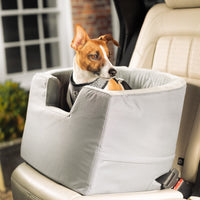





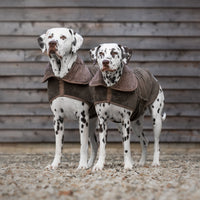
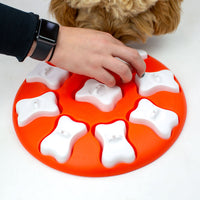


















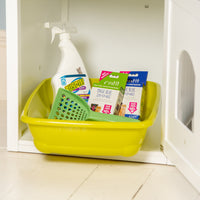












.jpg?v=1717592589808&options=)

